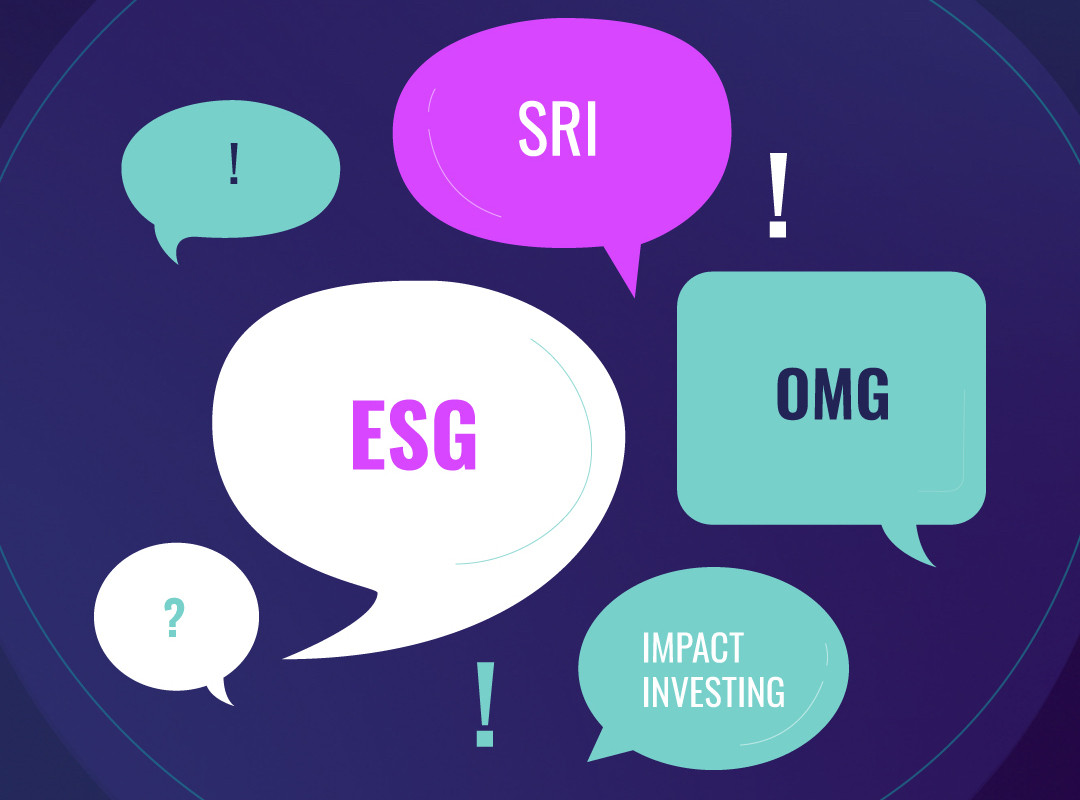 Back to Learn page
Back to Learn page

Public Widely Supports Worker Protection Amidst Labor Strikes, Study Shows
A recent study by JUST Capital reveals insight into the ESG (Environmental, Social, and Corporate Governance) factors that matter most to people. One overarching conclusion: people care about the treatment of workers above other ESG indicators.
In a time where labor strikes have taken hold of industries across the economy, from UPS to SAG-AFTRA and WGA, the study underscores the public’s desire for a corporate ecosystem where workers, companies, and investors mutually benefit.
Through focus groups and surveys, JUST Capital identified 20 key behaviors that people care about, with worker-related issues consistently ranking highest. Nearly half of respondents indicated that these matters outweighed other stakeholder categories like impact on communities, customers, and shareholder rights.
The data presents a clear-cut trend across demographics. Whether you dissect the information by age, gender, political affiliation, or even investor status, worker-related issues are a standout priority. The study shows that environmental and governance issues still hold weight, just not necessarily as much as worker-related aspects.
For retail investors, these findings could serve as meaningful data to assess business practices and inform investment approaches. Companies that prioritize their workforce—through fair wages, health benefits, career advancement opportunities, and work-life balance—are not just "doing good"; they are aligning with public sentiment.
The findings of studies like this may serve as an alert for businesses that have traditionally treated shareholders’ interests as separate from other stakeholders’. Given the clear public preference for companies that treat their workers well, protecting workers is not just ethical but also a potential strategic imperative for firms seeking a long-term competitive edge. As ESG factors increasingly influence market dynamics, a strong commitment to worker well-being could serve as a differentiator, attracting both consumer support and investment capital.
For workers, the stakes are equally high. If companies start to realign their priorities in response to these findings, employees might see tangible improvements in things like pay, benefits, and work-life balance. Not to mention, companies that invest in worker well-being are more likely to see increased productivity and lower turnover, creating a virtuous cycle for businesses.
If you want proof, look at the dramatic uptick in job searches after UPS ended its strike by promising higher wages and increased worker protections. Business leaders may want to take note of this when trying to attract top talent during the ongoing labor shortage. Shareholders are taking note too, as investors surveyed by JUST Capital also widely listed "workers" as the most important stakeholder in corporate behavior.
Questions investors can ask themselves:
∙ Does your portfolio align with public sentiment on worker well-being? Are there companies you’re invested in that are lagging in this area?
∙ Are there firms that excel in worker-related issues but are currently undervalued by the market? Could these firms represent a longer-term investment upside?
∙ How could a trend toward worker-centric corporate behavior affect market volatility or stability? Would companies that prioritize their employees be more resilient in economic downturns?
∙ How might companies that don't adapt to a worker-centric focus be impacted in terms of performance or reputation? Could ignoring these trends present a financial risk to your portfolio?
∙ ∙ ∙
The views expressed are those of the author at the time of writing, are not necessarily those of the firm as a whole and may be subject to change. The information contained in this advertisement is for informational purposes and should not be regarded as an offer to sell or a solicitation of an offer to buy any. It does not constitute a recommendation or consider the particular investment objectives, financial conditions, or needs of specific investors. Investing involves risk, including the loss of principal. Past performance is not indicative or a guarantee of future performance. We do not provide tax, accounting, or legal advice to our clients, and all investors are advised to consult with their tax, accounting, or legal advisers regarding any potential investment. The information and any opinions contained in this advertisement have been obtained from sources that we consider reliable, but we do not represent such information and opinions are accurate or complete, and thus should not be relied upon as such. This is particularly true during periods of rapidly changing market conditions. Securities offered through Fennel Financials, LLC. Member FINRA SIPC.

Expand your knowledge further

What does impact investing look like in practice?

A growing number of future business leaders are learning about sustainability in their MBA programs.

The 17 SDGs represent aspirational goals that span a range of economic and societal issues, with the intention of providing a better future for all.

What can we learn from Sam Altman's firing from OpenAI?

Greenwashing is a superficial and sometimes misleading way companies claim sustainability.

Some investors have a hypothesis that ESG investments generate stronger, more sustainable returns over the long term.

There are a lot of terms used in the world of impact investing, what do they all mean?

Active ownership could help ESG investors push for more impactful change.

What does impact investing look like in practice?

Proactive companies prioritize ESG in their business practices.
Take back the power of your investment
